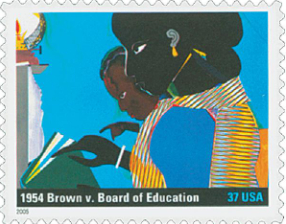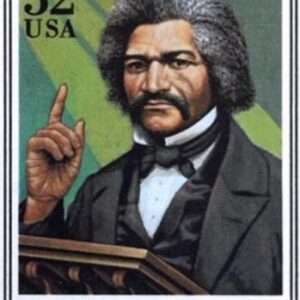Description
In 1954, the Supreme Court ruled in the landmark case of Brown v. Board of Education of Topeka, Kansas. This case was a pivotal moment in the civil rights movement, as it declared that segregated public schools were unconstitutional and a violation of the Equal Protection Clause of the Fourteenth Amendment. The ruling overturned the precedent set by Plessy v. Ferguson in 1896, which allowed for the “separate but equal” treatment of blacks and whites in public facilities.
The case began in 1951 when Linda Brown, an 8 year old black girl, was denied admission to the all-white elementary school near her Topeka home. Her father, Oliver Brown, and a number of other black families joined forces to challenge the Topeka Board of Education in court. The National Association for the Advancement of Colored People (NAACP) provided legal counsel for the plaintiffs.
In the majority opinion, Chief Justice Earl Warren wrote that “separate educational facilities are inherently unequal,” and that segregated schools deprived black children of equal educational opportunities. The Court also held that segregation was more than just physical separation, but was also a psychological and social stigma imposed on black students.
The Brown v. Board of Education decision was a crucial milestone in the civil rights movement, as it paved the way for future cases that expanded civil rights protection, such as Loving v. Virginia (1967). The decision was also a major contributing factor to the passage of the 1964 Civil Rights Act, which outlawed discrimination on the basis of race, color, religion, sex, or national origin.
The Brown v. Board of Education ruling is still an important victory in the fight for civil rights, and its legacy continues to inspire generations of Americans.





Reviews
There are no reviews yet.